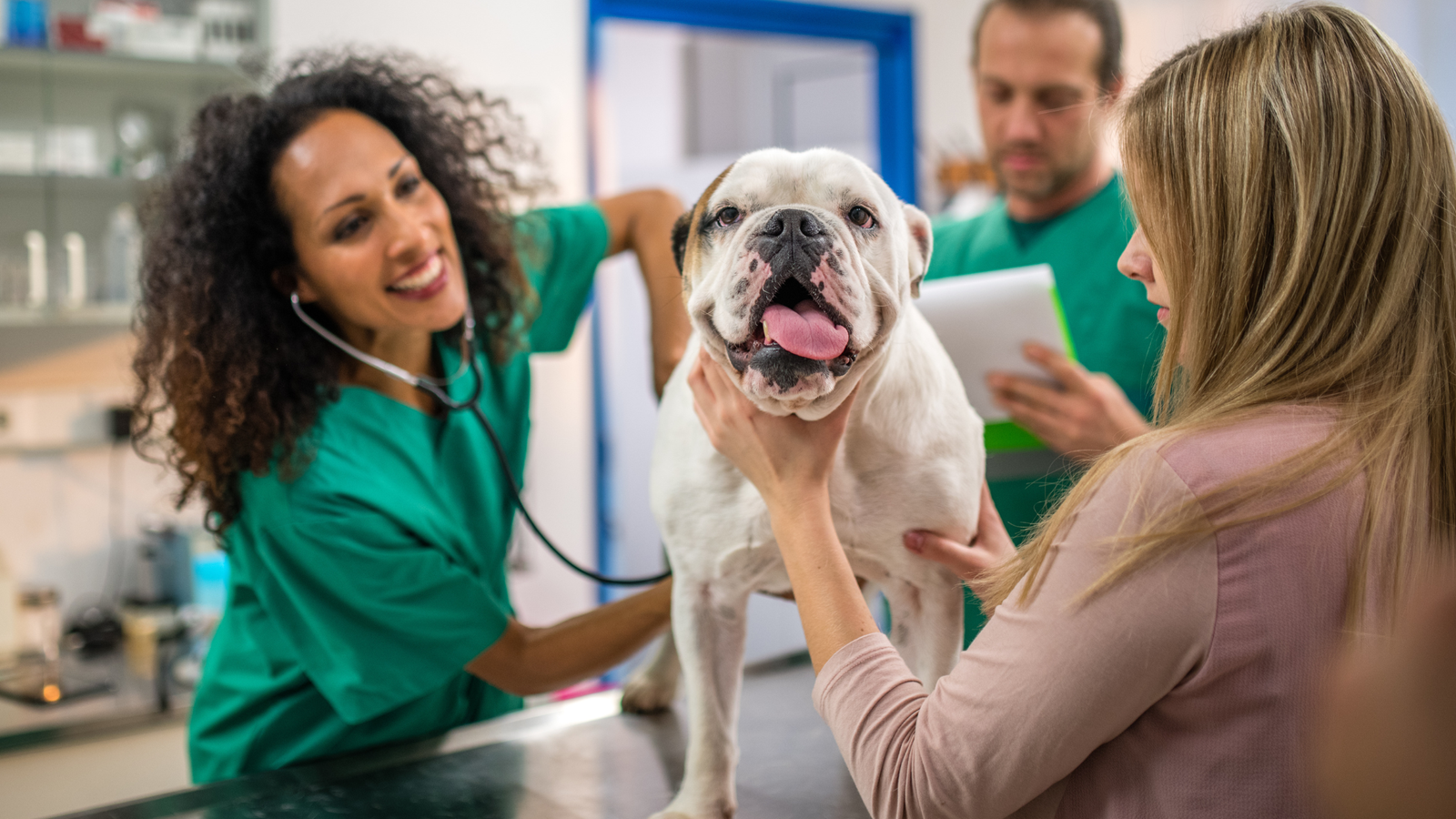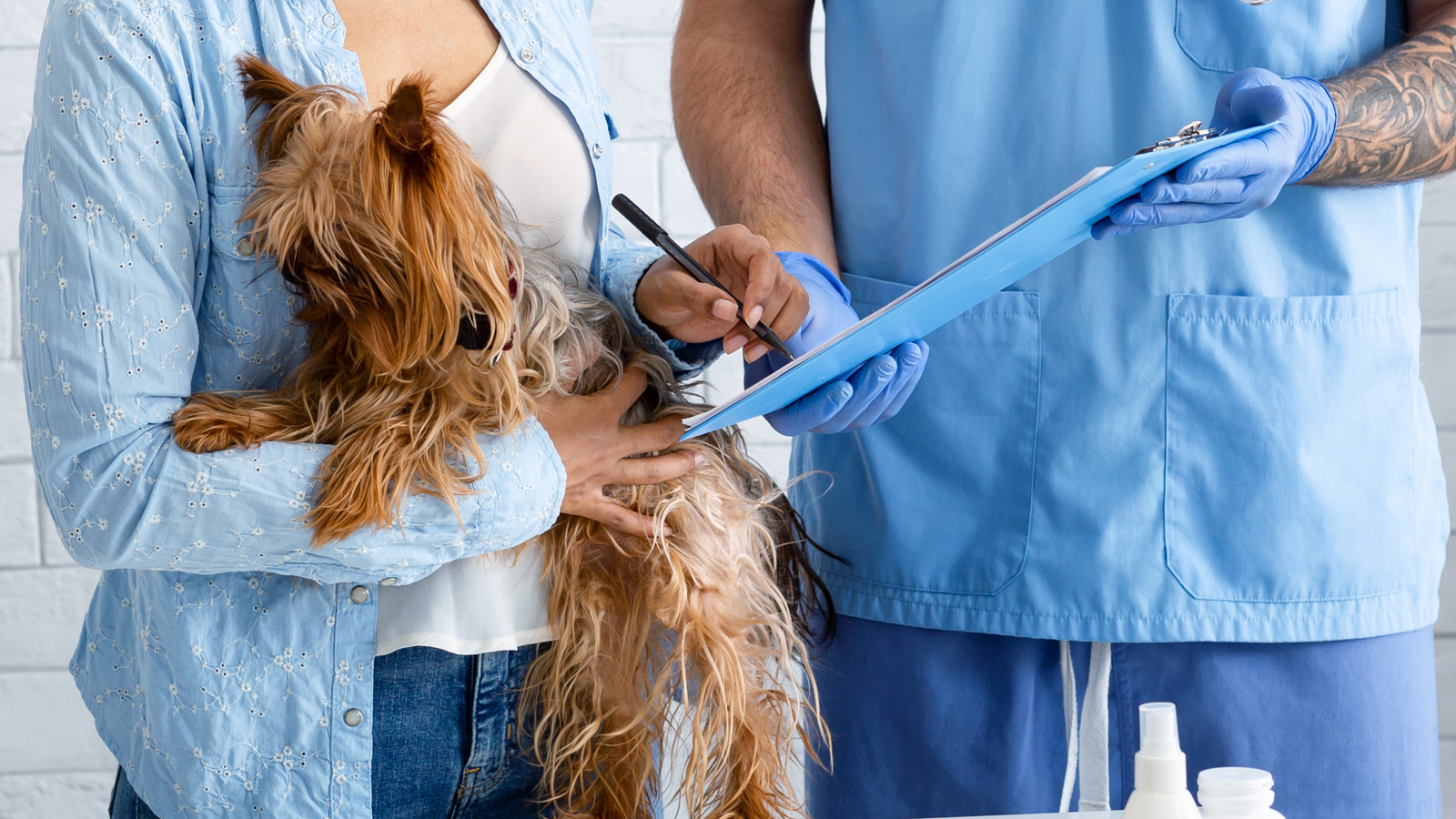Our pets are more than just animals; they are cherished members of our families. We strive to provide them with love, care, and attention, including regular visits to the veterinarian. Just like humans, pets can face various health issues throughout their lives, and early detection and treatment are crucial for their well-being.
In this article, we will explore some of the most common health reasons why pets need to see a veterinarian.
1. Routine Check-ups and Preventive Care
Routine check-ups are the foundation of your pet’s health. Regular visits to the veterinarian allow for early detection of potential problems and ensure that your pet is up to date on vaccinations and preventive treatments. These check-ups are essential for maintaining your pet’s overall well-being and can help catch issues before they become more serious.
2. Vaccinations
Vaccinations are a crucial part of preventive care for pets. They protect against various infectious diseases that can be life-threatening. Puppies and kittens require a series of vaccinations to build immunity, and regular booster shots are needed throughout their lives to maintain protection.
3. Dental Health
Oral health is often overlooked but is a significant factor in a pet’s overall well-being. Dental problems can lead to pain, difficulty eating, and systemic health issues. Regular dental check-ups and cleanings can help prevent dental disease and ensure your pet’s teeth and gums remain healthy.
4. Parasite Control
Fleas, ticks, heartworms, and intestinal parasites can pose serious health risks to pets. Routine check-ups allow your veterinarian to recommend and administer appropriate parasite prevention measures, protecting your pet from these harmful invaders.
5. Skin and Allergy Issues
Skin problems and allergies are common in pets. Itchy skin, rashes, hot spots, and hair loss are signs that should prompt a visit to the veterinarian. Allergies can be caused by various factors, including food, environmental triggers, or insect bites, and require proper diagnosis and treatment.
6. Gastrointestinal Problems
Vomiting, diarrhea, and gastrointestinal upset can be caused by various factors, including dietary indiscretions, infections, or underlying medical conditions. It’s essential to seek veterinary care to determine the cause and provide appropriate treatment to prevent dehydration and further complications.
7. Respiratory Issues
Respiratory problems, such as coughing, sneezing, or labored breathing, can indicate respiratory infections or conditions. These issues can quickly worsen if left untreated, so timely veterinary intervention is essential.
8. Orthopedic Problems
Orthopedic issues, including arthritis, ligament injuries, and fractures, are common in aging pets or those with certain breed predispositions. Proper diagnosis and management can help improve your pet’s quality of life and mobility.
9. Ear Infections
Ear infections are painful and uncomfortable for pets. If your pet displays signs of ear discomfort, such as head shaking, scratching, or ear discharge, a veterinarian can identify the underlying cause and prescribe the appropriate treatment.
10. Urinary Tract Problems
Urinary tract infections, urinary stones, and other urinary issues can affect pets of all ages. These conditions can cause pain, discomfort, and, if left untreated, may lead to more severe complications. Veterinary evaluation and treatment are essential.
11. Weight Management
Obesity is a significant health concern for pets and can lead to a range of health problems, including diabetes, joint issues, and heart disease. Veterinarians can provide guidance on proper nutrition and weight management to ensure your pet maintains a healthy weight.
12. Behavioral Concerns
Behavioral issues, such as anxiety, aggression, or inappropriate elimination, can be challenging for both pets and their owners. Veterinarians can help diagnose the underlying causes of behavioral problems and recommend appropriate interventions or therapies.
13. Chronic Conditions
Pets, especially as they age, may develop chronic conditions like diabetes, kidney disease, or cancer. These conditions require ongoing management and monitoring, and veterinarians can work with you to create a care plan that ensures your pet’s comfort and quality of life.
Conclusion
Regular visits to the veterinarian are essential for maintaining your pet’s health and well-being. By addressing common health issues early, you can help ensure a longer, happier, and healthier life for your beloved companion. Remember that your veterinarian is your partner in caring for your pet, and they are there to provide guidance, support, and medical expertise to keep your furry family member in the best possible condition.
Having good pet insurance makes regular visits to the vet affordable and it helps eliminate the financial burdens that are common with unexpected medical issues. Check out our guide covering the best pet insurance companies and quickly compare quotes today.









